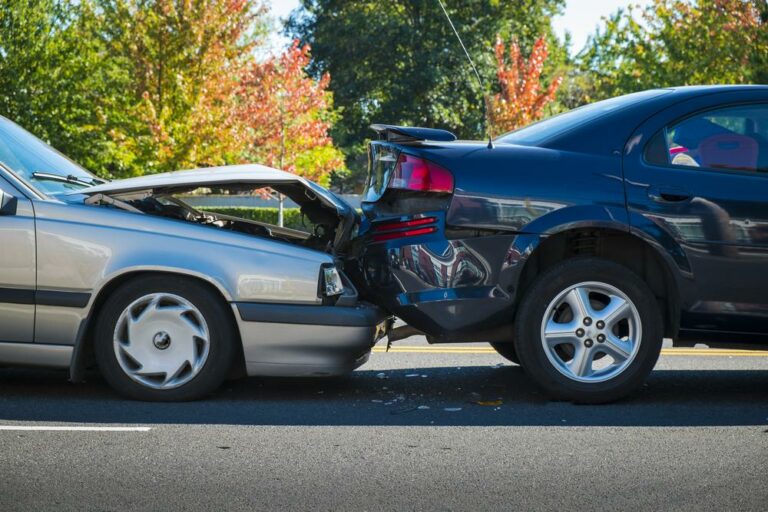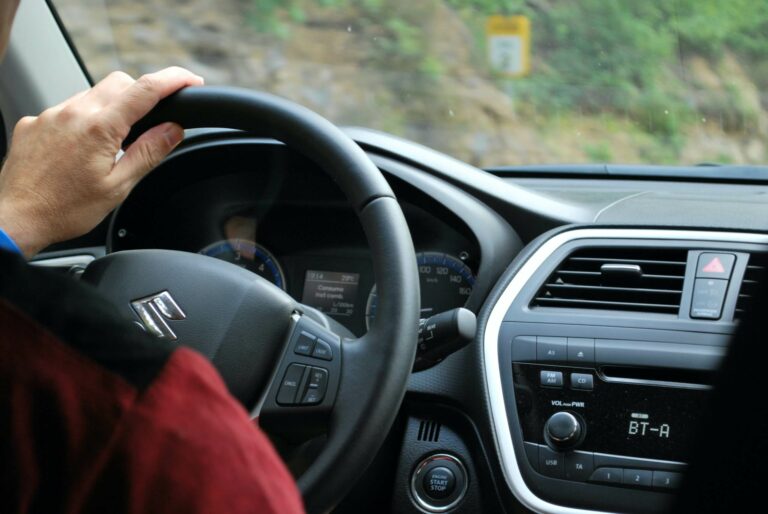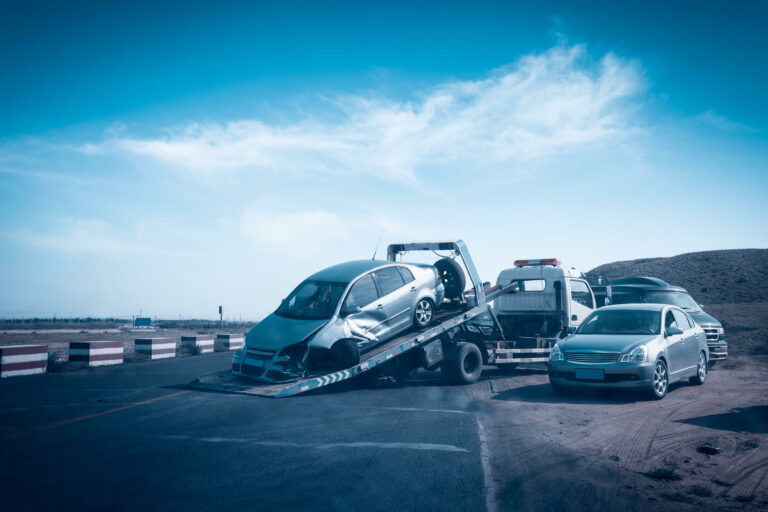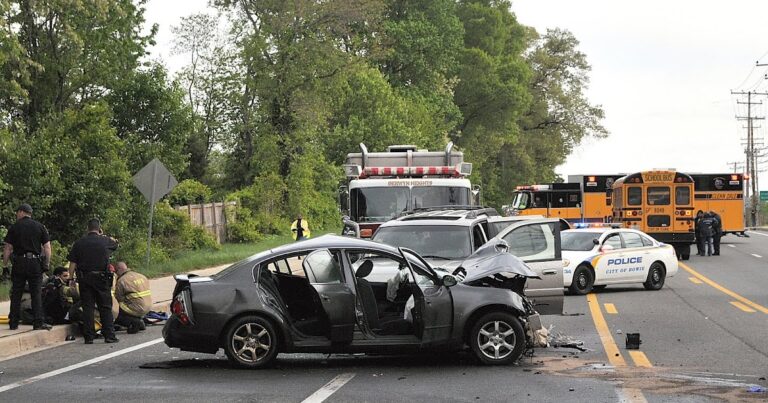Self-Driving Cars in Maryland
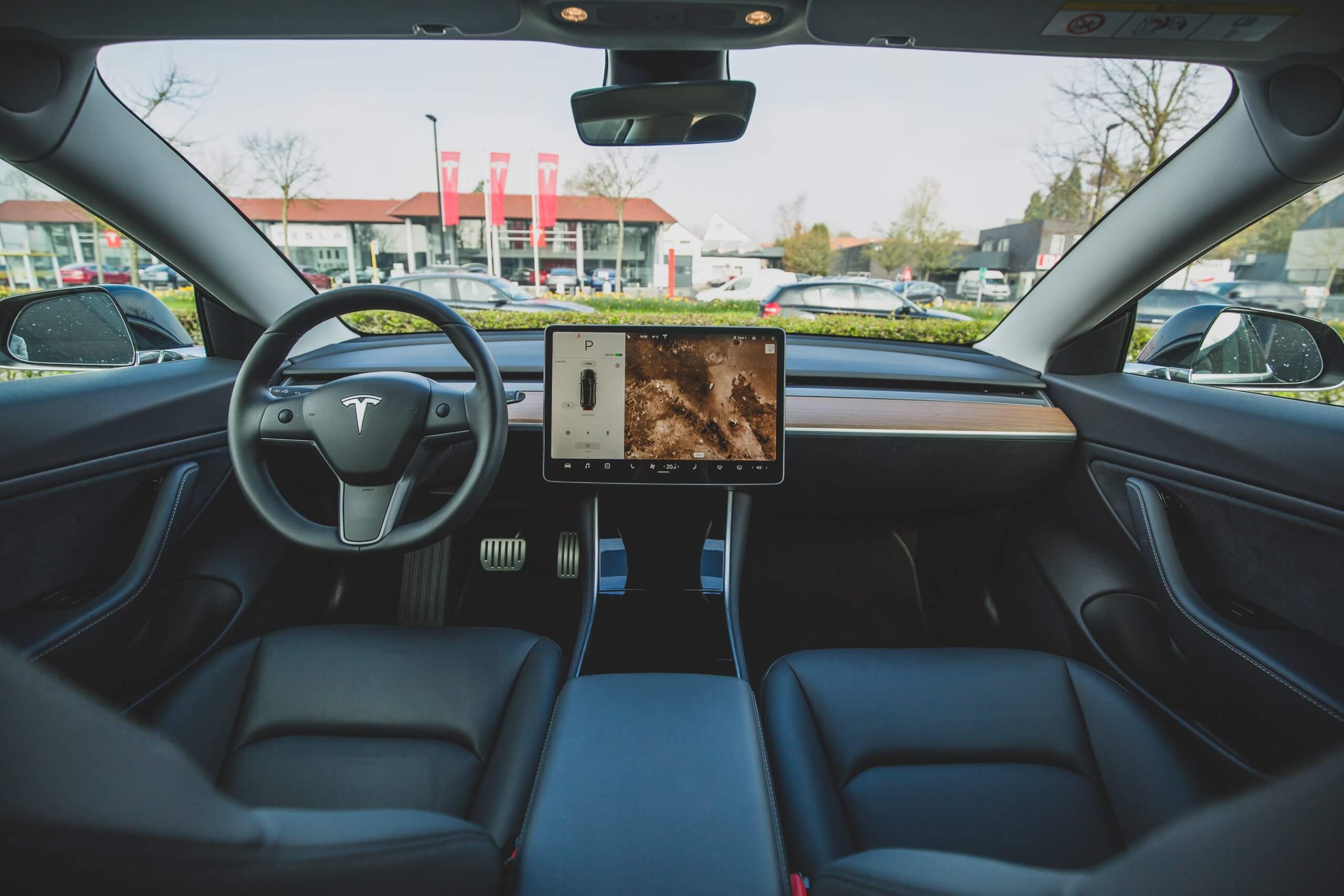
When it comes to the safety of self-driving cars, also known as “autonomous vehicles” or AVs, the pro and con camps remain somewhat divided. In a recent Motional Consumer Mobility Report, 50% of survey respondents said they expected AVs to be readily available in their communities within five years, and right around 50% felt that these vehicles will lessen the dangers posed by drivers who are distracted, fatigued, intoxicated or aggressive. Conversely, automobile safety experts stress that AVs incorrectly lead drivers to think their car is more capable than they think. This in turn leads to increased instances of distracted driving when operators assume their car can handle any dangerous situation that arises.
While the self-driving car market is growing at a rate of 16 percent a year and is expected to be worth a trillion dollars by 2025, studies show that 57 percent of people familiar with self-driving cars are not eager to ride in one.
So before you leave the driving to someone, or something, else, consider these thoughts…
Just how autonomous are autonomous vehicles?
Not there yet. By definition, an autonomous act is something that is undertaken or carried on with no outside control. The auto industry classifies current AVs as Level 2 vehicles, whereas cars that can operate completely autonomously at all times would be Level 5. It’s going to be a while before that is achieved. As of 2022, G.M., Ford Motor Company, and other automakers recommend that their self-driving GPS and software systems only be used on divided highways where there are no stop signs, traffic lights, or pedestrians. Similarly, Tesla owners’ manuals warn customers not to use their Autopilot feature on city streets.
Yes, current AVs employ extremely high-tech cameras, radar, and software, but they still occasionally fail to recognize other vehicles, stationary objects, and other road hazards. Look at it this way: when an advanced satellite navigation software program like Waze or Google Maps has a glitch, you get temporarily lost. If your AV has a hiccup and you’re not paying attention, the result could be injury or death.
What are the cost benefits & drawbacks of AVs?
AVs cost more than traditional cars and always will. The hardware and software necessary for autonomous driving add to the cost of the vehicle, and while those costs will come down, non-self-driving cars will always be less expensive. While statistics show that autonomous vehicles can reduce fuel use by up to 10%, insurance rates for self-driving cars are higher. Some theories hold that your self-driving car won’t be tempted to speed, run red lights or commit other moving violations, which would cut down on expensive tickets.
Who is liable when an autonomous vehicle is in an accident?
Hard to say right now. Given that autonomous vehicles and their technology are still in their infancy and largely unregulated, there’s not much case law to consult. Maryland, for example, has taken a business first approach towards regulation, favoring automakers and dealers by not imposing additional safety rules on AVs. At the federal level, Congress has yet to pass any legislation addressing self-driving cars as of late 2021.
When it comes to AV accidents, liability could rest with the vehicle’s owner, the driver, or the manufacturer. Lawmakers, regulators, and courts may eventually determine that if a self-driving car is in an accident that occurred because of the car and not the driver, the manufacturer may be open to a liability claim.
As it stands, exactly who is liable in the event of an AV accident is undecided and likely to remain so until lawmakers issue formal guidelines or courts hear a case that establishes a precedent.
Anybody who has been in an AV accident should consult a personal injury attorney as soon as possible. Contact the Law Offices of Nicholas Parr in Baltimore, MD today to schedule your free consultation. We don’t receive a fee unless we win.

